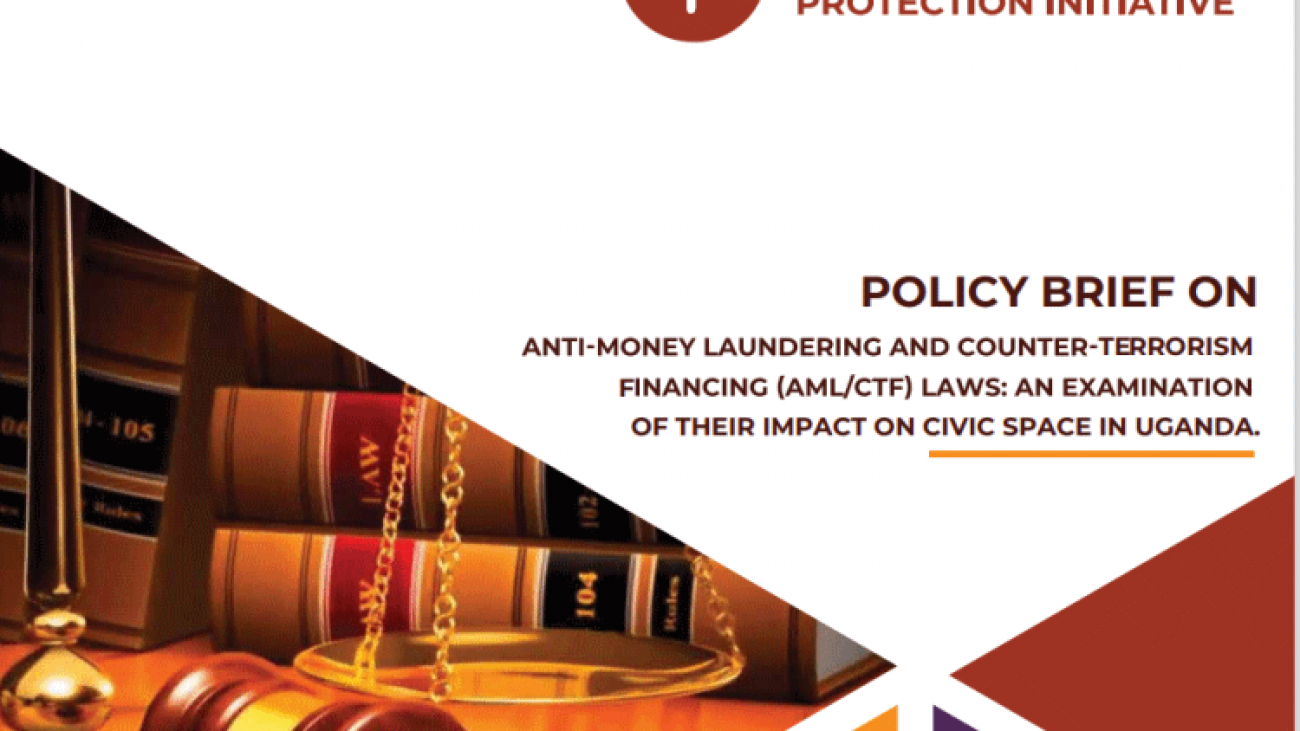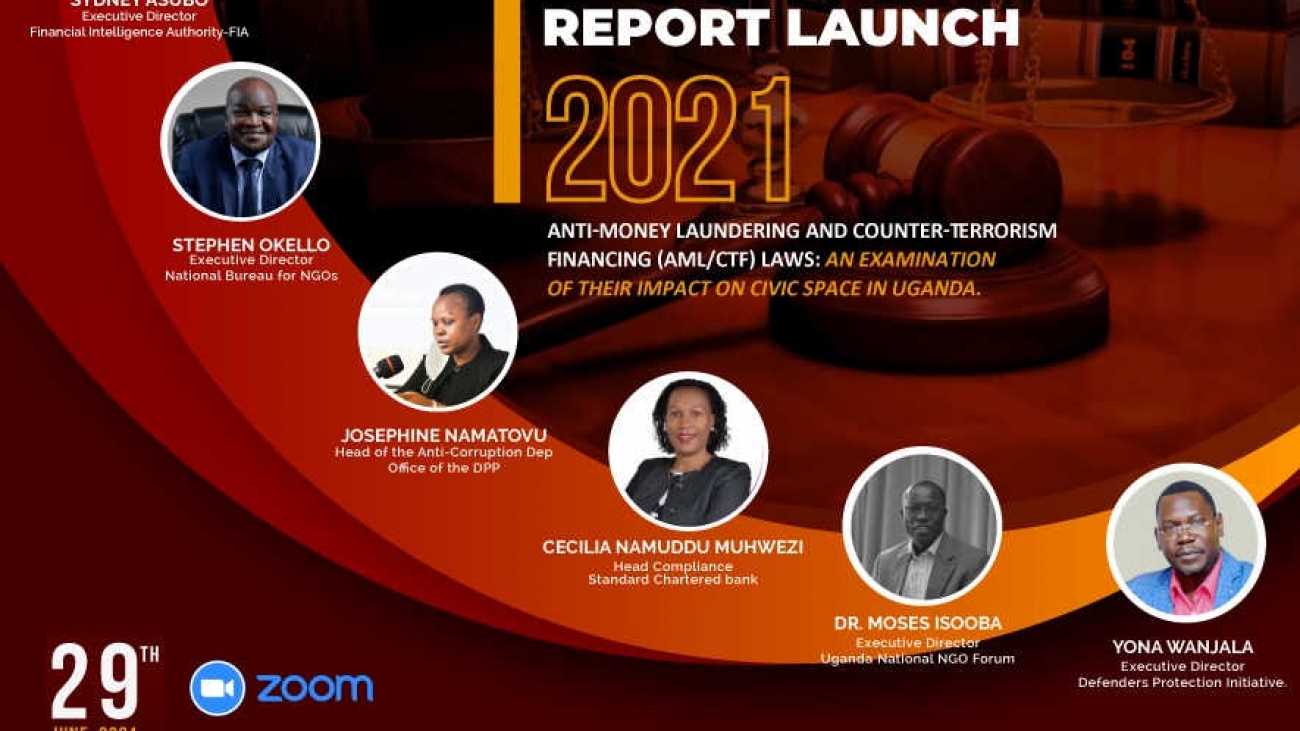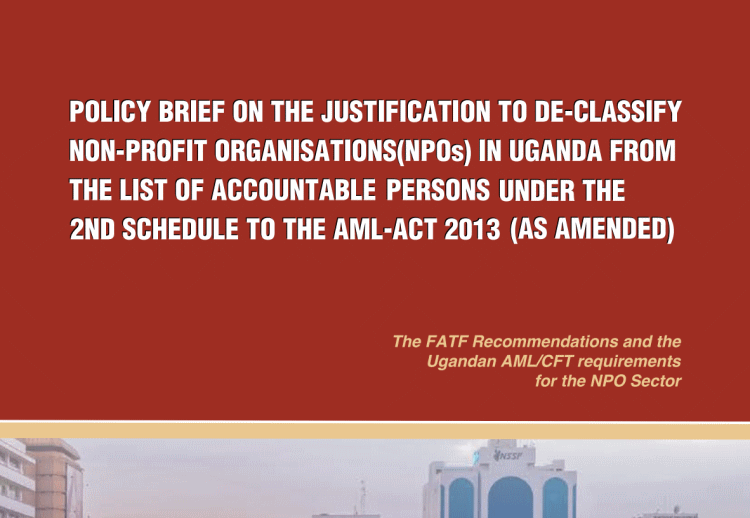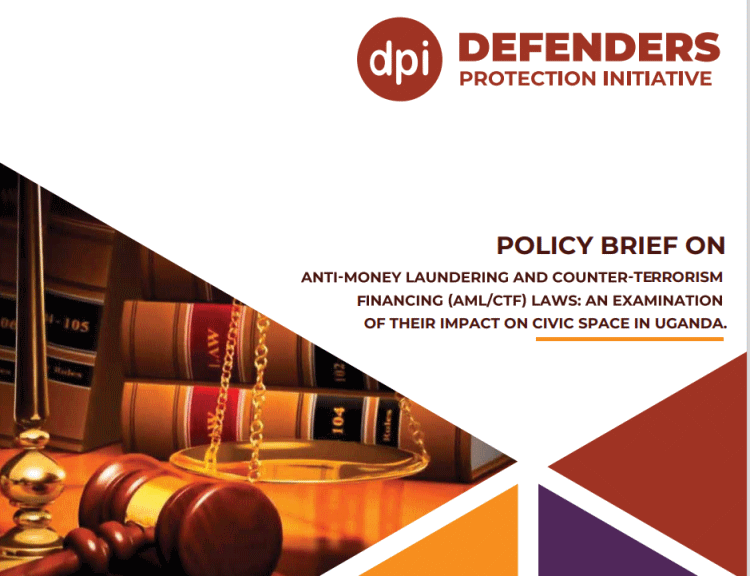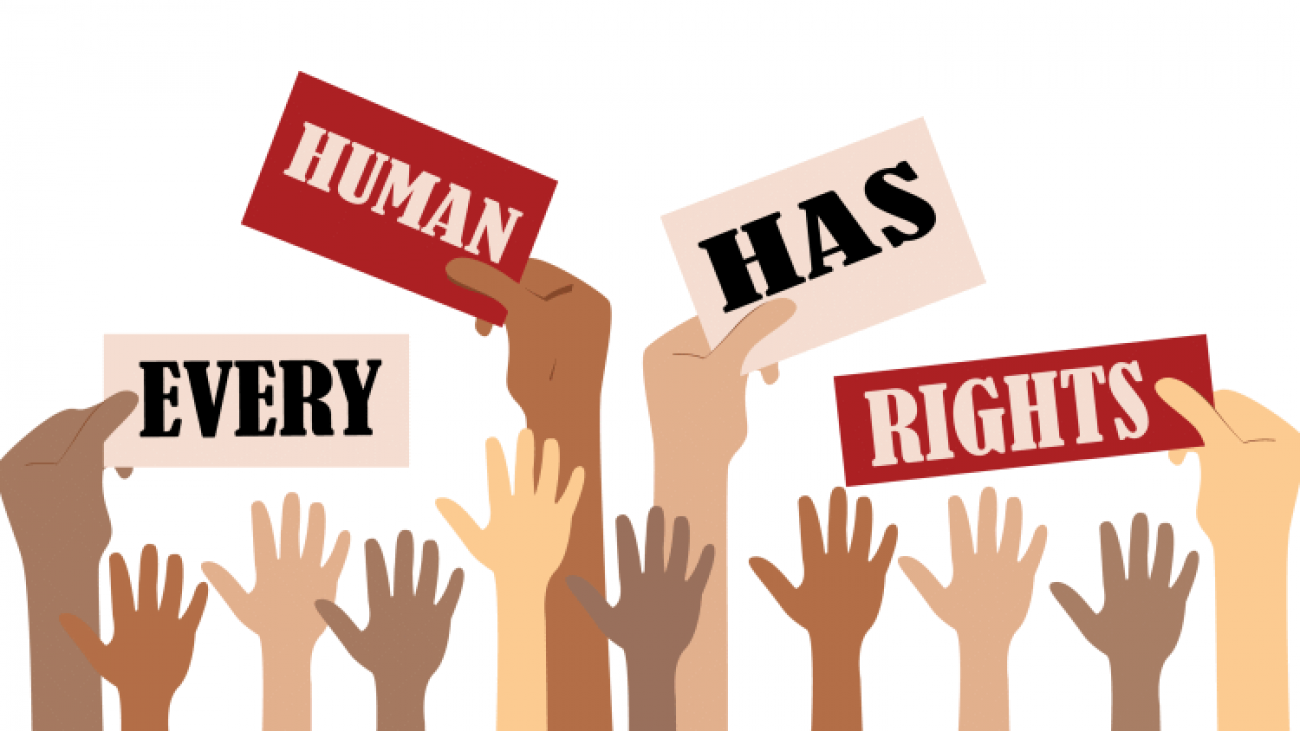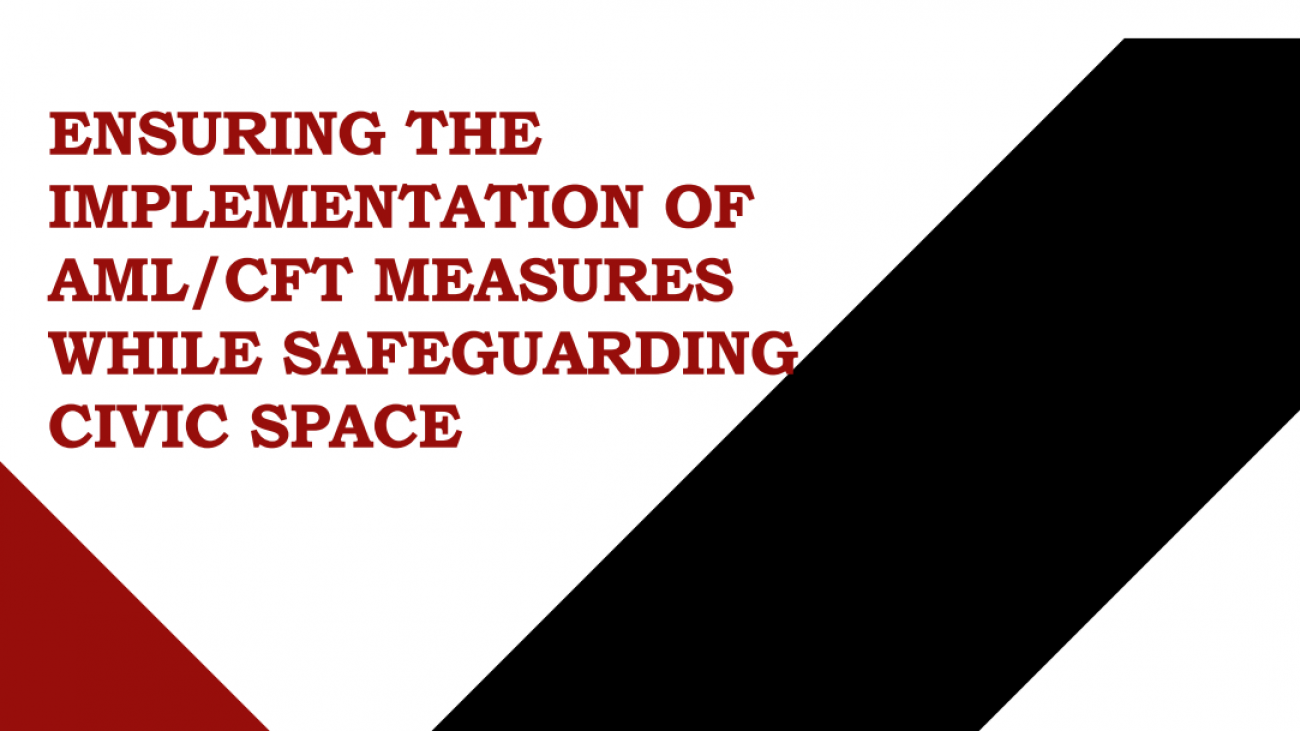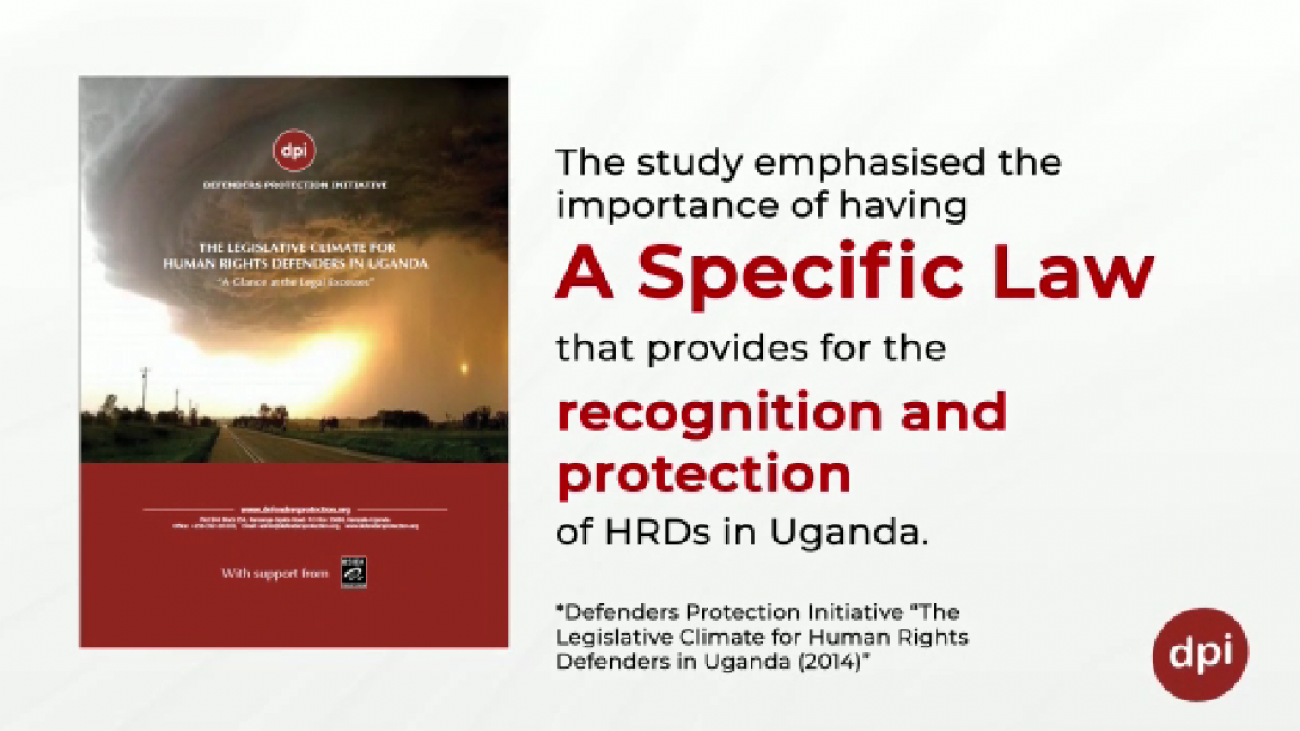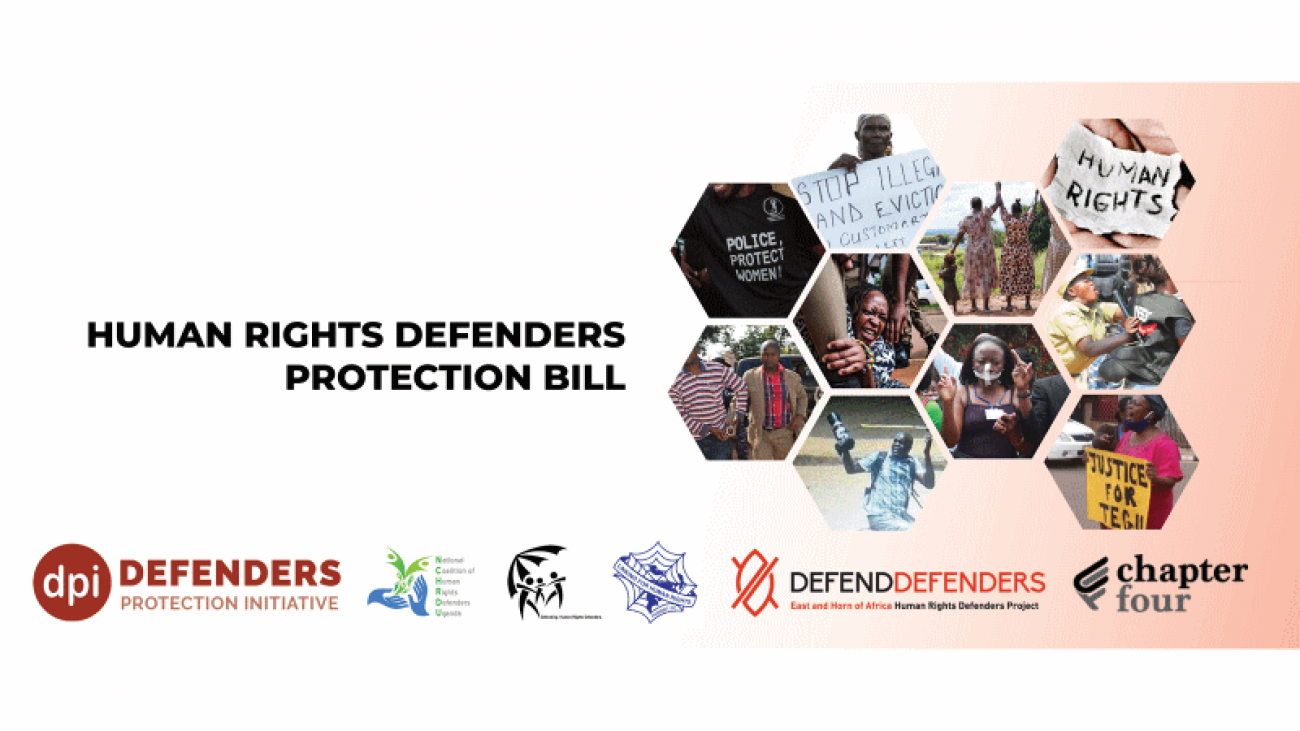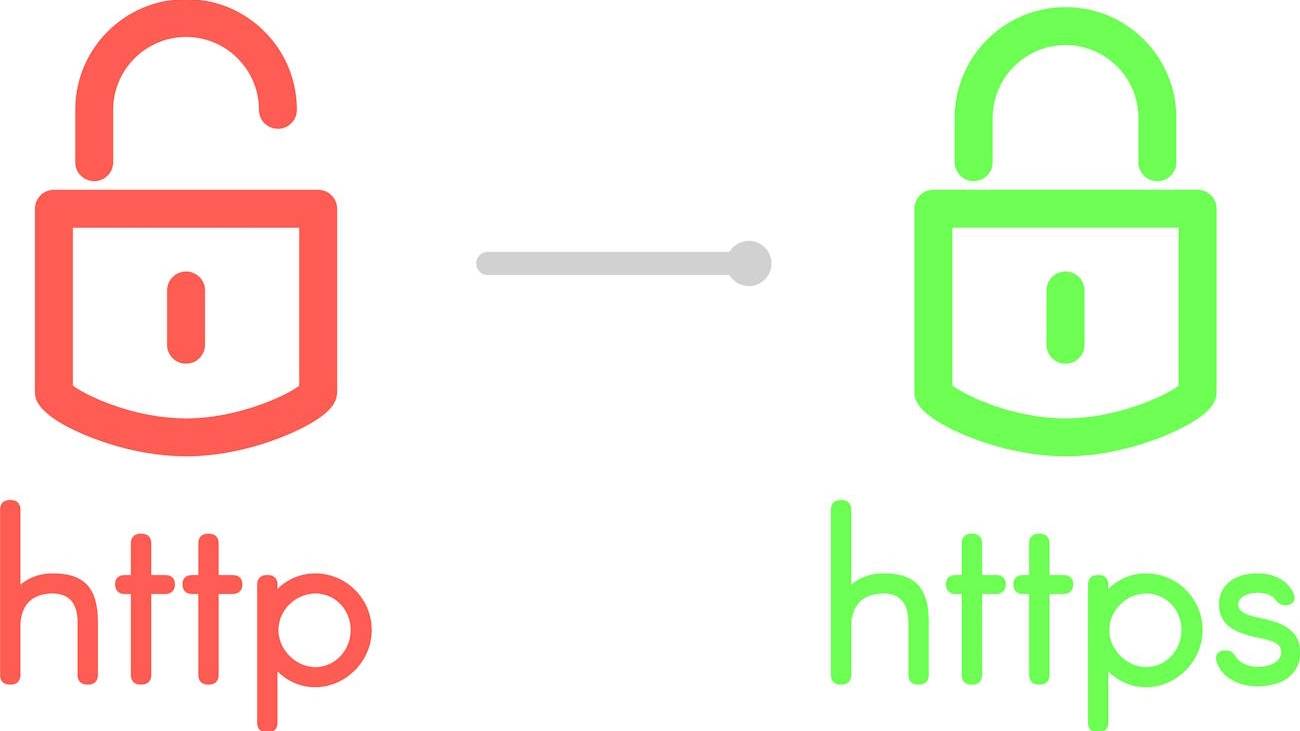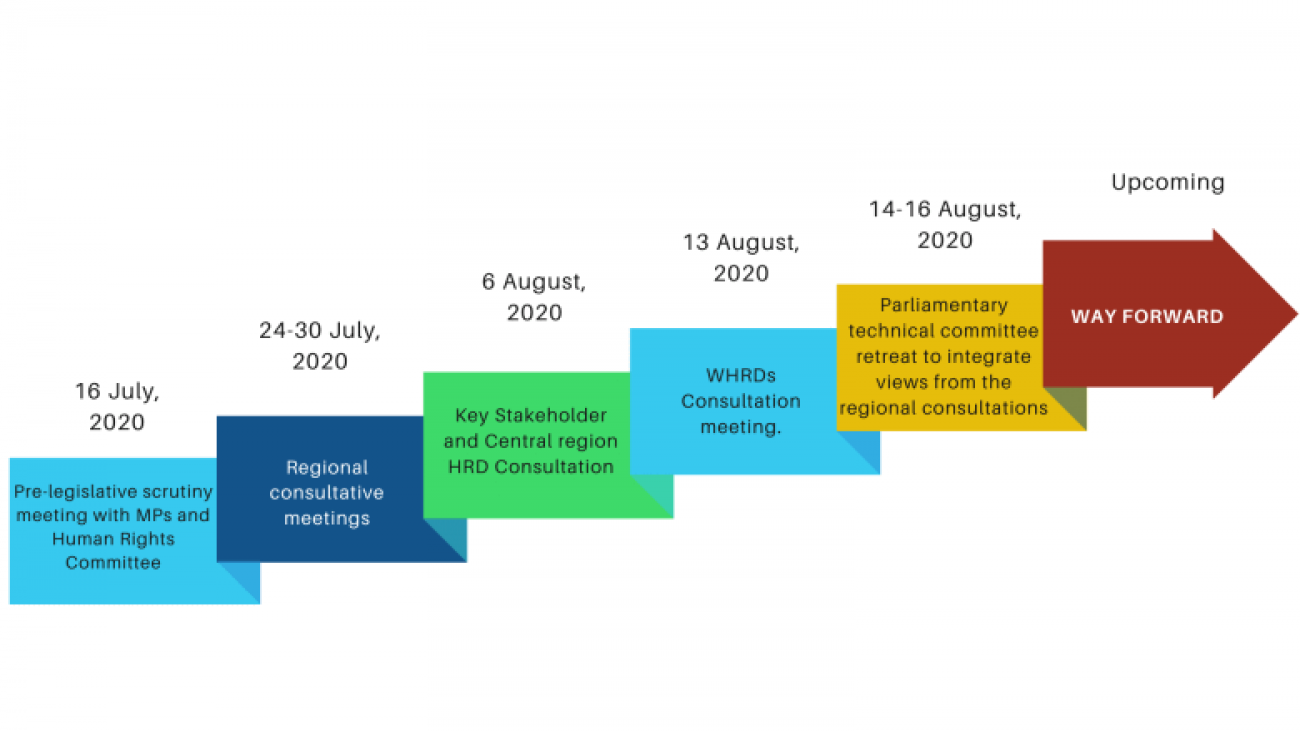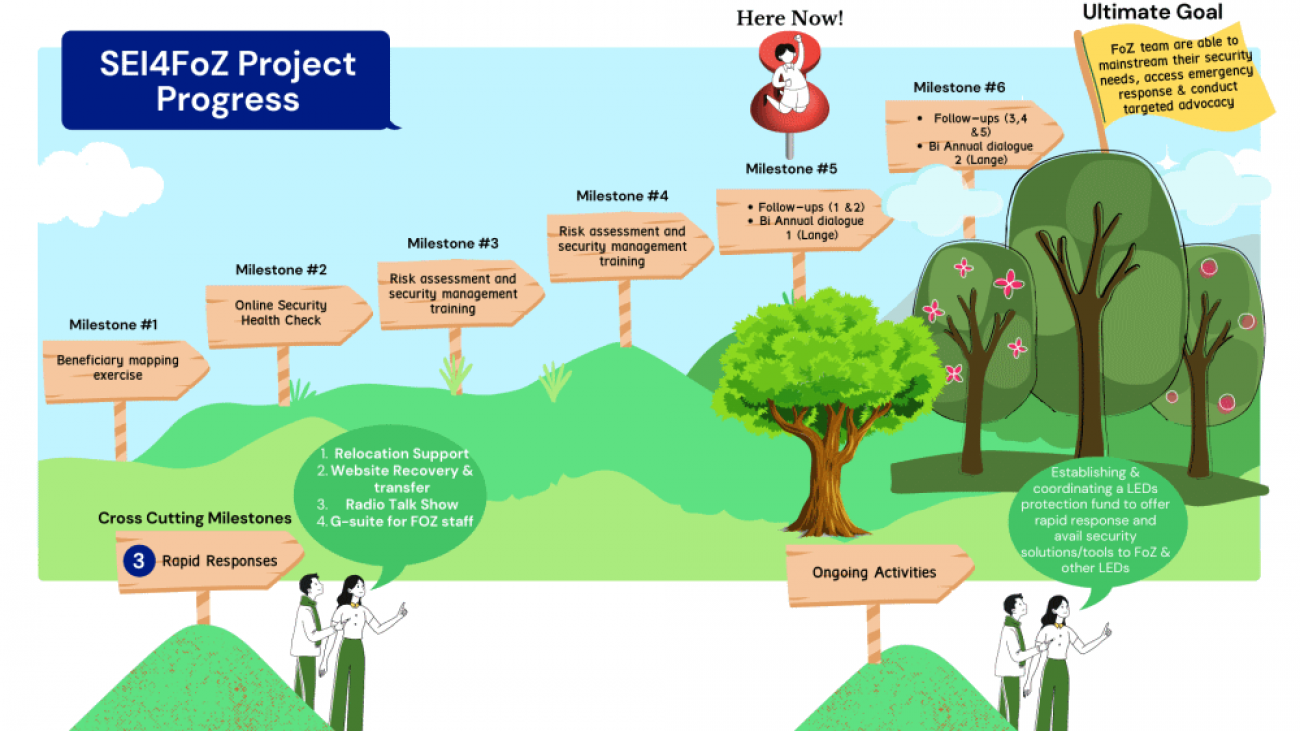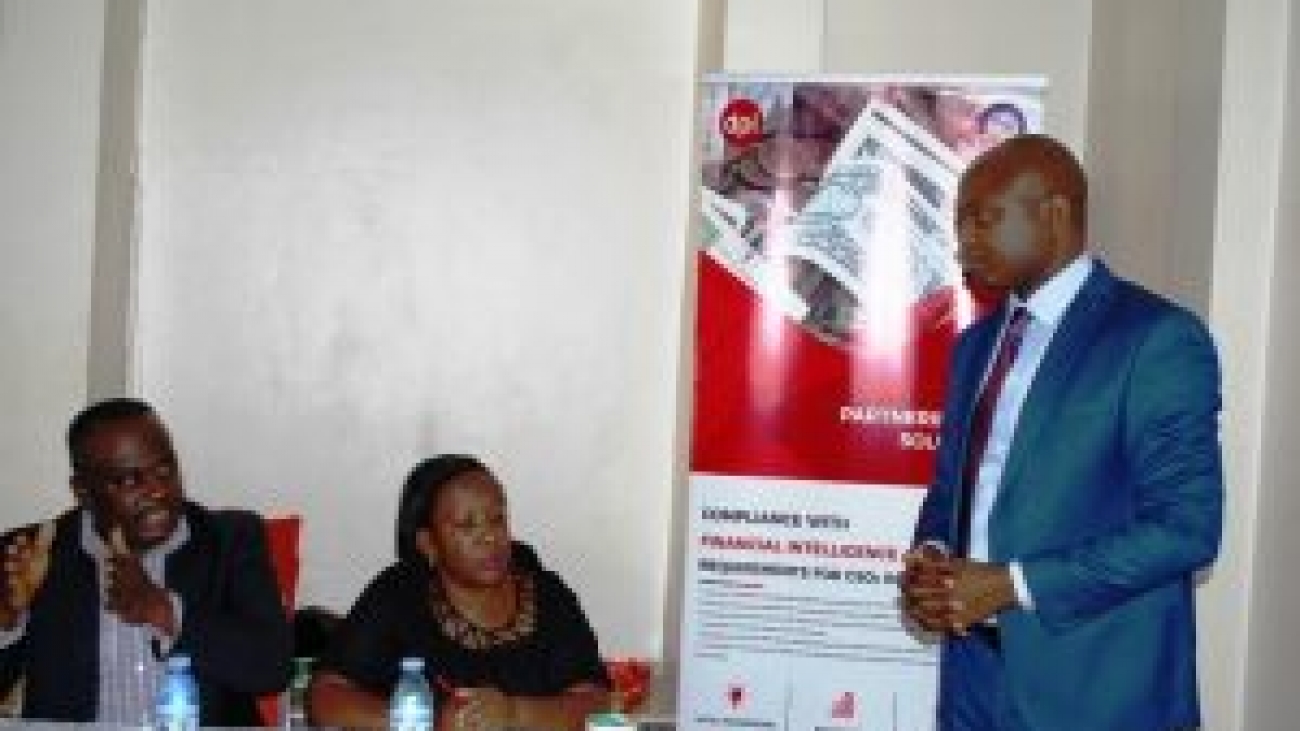We often hear about a padlock, green URL bar and several other ways people use to describe SSL. But the question would be, What really is SSL and how useful is to HRDs websites?
What is Secure Sockets Layer (SSL)?
SSL is a security protocol that assures users of the connection between their device and the website they are visiting. During a connection to a website so much information is shared between two computers (the visitor and there server for the website) including what may be highly confidential data such as credit card numbers, location data, user identification numbers or even passwords. Visitors have to make sure all the information passing is secure and not prompt to interception by third parties. This is why SSL has become a big deal in the cyber-powered world.
In cases where there is no SSL, the information shared between these two computers often show up as plain text. Which means, if there were to be an adversary, they would basically see all the communication and in this case, data could be stolen. SSL prevents this by encrypting this communication.
Why we need SSL?
When a visitor goes to your website and sees that you have an SSL it builds an enormours level of trust, this shows your visitors that whatever their activity on your website is secure. This trust is of more importance if it includes transactional relationship; where money is involved.
Even if not for transactional relationship, in the cyber-space of today “Data is the new Gold!” so That means everything we do online has to be secure.
To have this level of trust and security for your visitors requires the one key means – SSL. Since they assure users that the connection they have to that website is safe. For the end user, all they need to verify this is a simple icon shown on their browser (The padlock).
The padlock, or green padlock icon has become an assurance indicator to users that the website they are visiting takes their security seriously.
In case you haven’t realized the importance of having your website secured with SSL because you do not handle sensitive financial-related data, it is time to shift away from that. As mentioned earlier, hackers in these digital age would go after any data transmitted on the internet especially other personal identifying information.
Good enough, websites without SSL have been labelled “Insecure” some browsers show a red URL bar in order to protect and allow visitors to clearly identify these websites. Also, websites without SSL do not rank high on search engines as of today.
We shall be writing on how SSL works and Types of SSL to choose out from in the near future.

